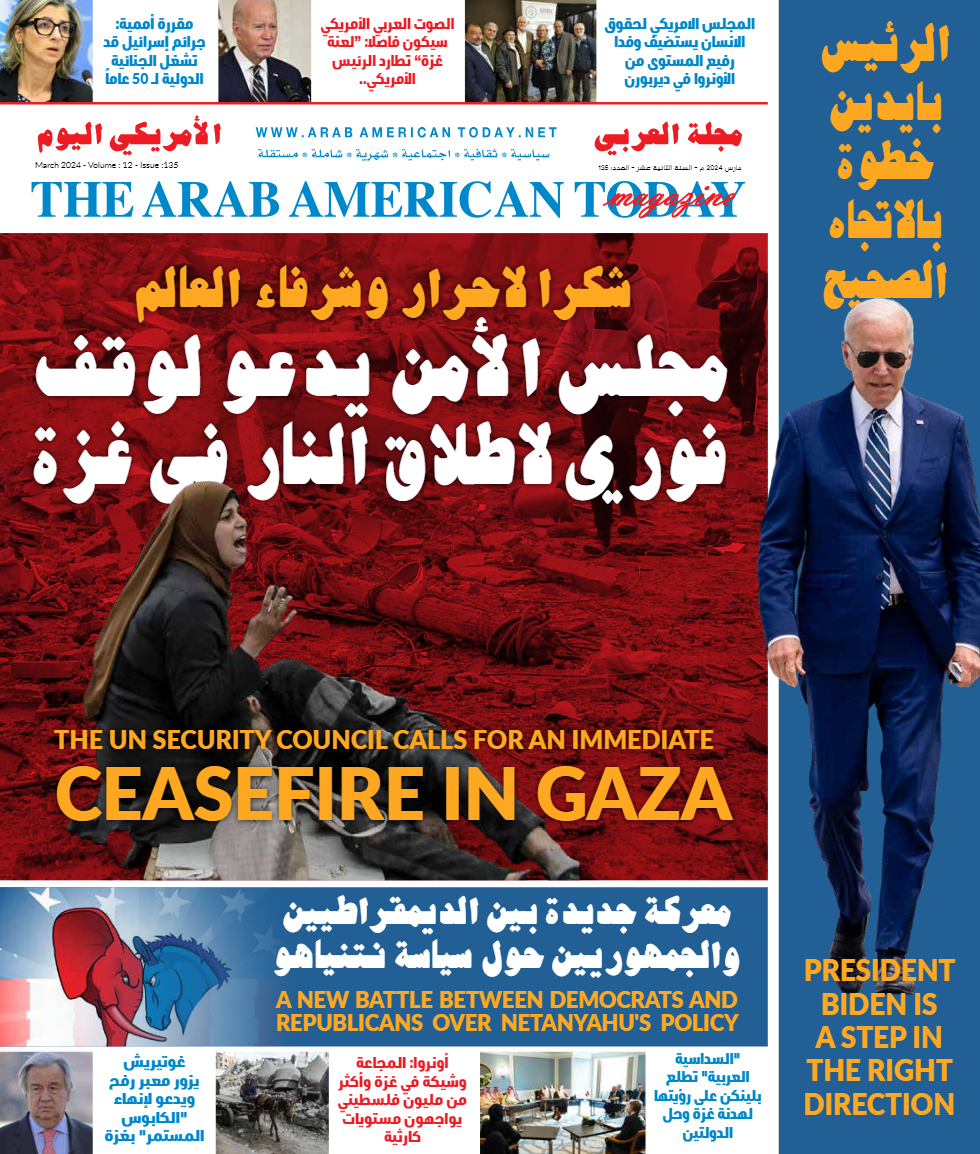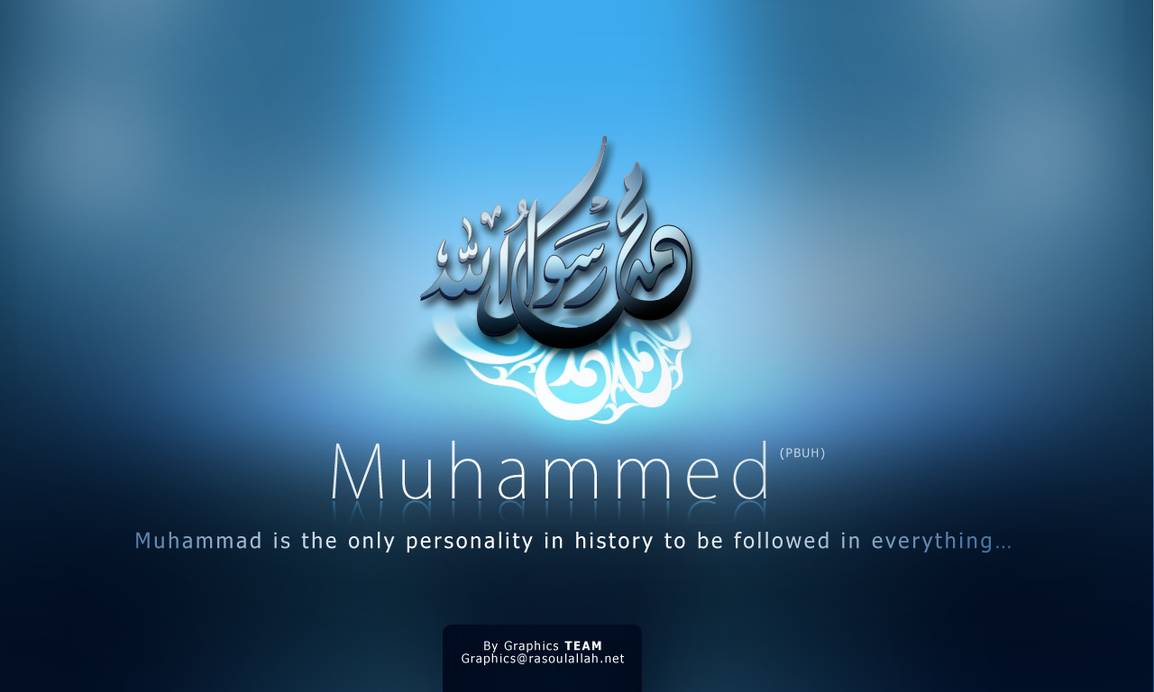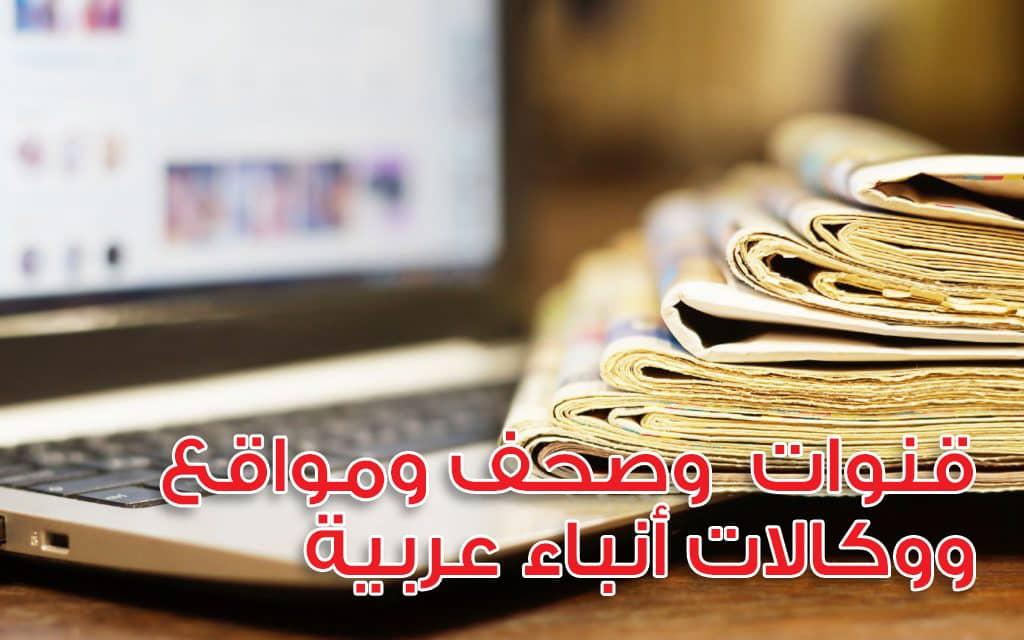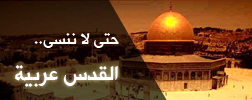
Israel declares war on its own civil society
2021-01-25
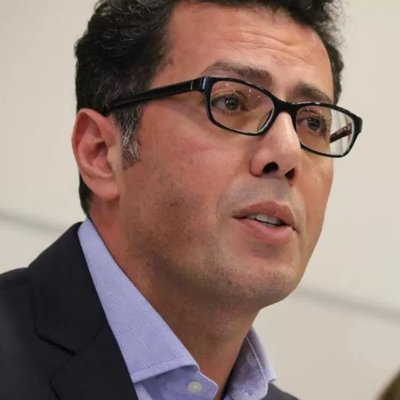
Ramzy Baroud
However one interprets the findings of Israeli human rights group B’Tselem’s Jan. 12 report, it is earth-shattering. The official Israeli response merely confirmed what B’Tselem stated in no uncertain terms.
Those of us who have repeatedly claimed that Israel is not democratic, is governed by an apartheid regime, and that it systematically discriminates against its ethnic and racial minorities in favor of the country’s Jewish majority, purportedly have nothing to learn from B’Tselem’s declaration. Thus, it may seem that the report, which highlighted racial discrimination in four major areas — land, citizenship, freedom of movement, and political participation — merely stated the obvious. In reality, it went much further.
B’Tselem is a credible organization. However, like other Israeli human rights groups, it has rarely gone far enough in challenging Israel’s basic definition of itself as a democratic state. Yes, on numerous occasions it rightly accused the Israeli government and military of undemocratic practices, rampant human rights violations, and so on. But to demolish the basic premise that gives Israel its legitimacy in the eyes of its Jewish citizens, and many others around the world, is a whole different story.
“B’Tselem rejects the perception of Israel as a democracy (inside the Green Line) that simultaneously upholds a temporary military occupation (beyond it),” the report states. This was based on the fact that the “bar for defining the Israeli regime as an apartheid regime has been met after considering the accumulation of policies and laws that Israel devised to entrench its control over Palestinians.”
Let it be clear about what this actually means. Israel’s leading human rights organization was not arguing that the country was turning into an apartheid state, that it was acting contrary to the spirit of democracy, or that it is an undemocratic apartheid regime only within the confines of the Occupied Territories. According to B’Tselem — which has for decades diligently documented numerous facets of Israeli government practices in the realms of politics, military, land ownership, water distribution, health, education, and much more — Israel is run by a wholly apartheid, undemocratic regime.
B’Tselem’s assessment is most welcome, not as a belated admission of a self-evident reality, but as an important step that could allow both Israelis and Palestinians to establish a common narrative on their relationship, political position, and collective action in order to dismantle this Israeli apartheid.
Relatively speaking, Israeli groups that criticize their own government have historically been allowed much larger margins than Palestinian groups that have done the same thing. However, this is no longer the case.
Palestinian freedom of speech has always been extremely limited and mere criticism of the Israeli occupation has led to extreme measures, including beatings, arrests and even assassinations. In 2002, an Israeli government-funded organization, NGO Monitor, was established to monitor and control Palestinian human rights groups in the Occupied Territories, including Addameer, the Al-Mezan Center, Al-Haq, and the Palestinian Center for Human Rights. An army raid on the Ramallah offices of Addameer in September 2019 was one example of Israel’s crackdown on such organizations.
However, government actions of recent years have pointed to an unmistakable paradigm shift, where Israeli civil society organizations are increasingly perceived to be the enemy, targeted in myriad ways, including defamation actions, financial restrictions and the severing of access to the Israeli public. The last point was put on full display on Jan. 17, when Israeli Education Minister Yoav Galant tweeted that he had instructed his ministry to “prevent the entry of organizations calling Israel ‘an apartheid state’ or demeaning Israeli soldiers from lecturing at schools.” However, by doing so, Galant only demonstrated B’Tselem’s point: After the group challenged Israel’s claims of democracy and freedom of expression, he curtailed their right to express dissent and challenge the government. Galant’s move was a definition of totalitarianism.
But B’Tselem did not back down. The group instead expressed its determination “to keep with its mission of documenting reality, analyzing it, and making our findings publicly known to the Israeli public, and worldwide.” B’Tselem Director Hagai El-Ad even met with hundreds of Israeli students on Jan. 18 to discuss the inconsistency between military occupation and the respect for human rights. Following the meeting, El-Ad tweeted: “The @btselem lecture did take place this morning. The Israeli government will have to contend with us until the apartheid regime ends.”
The B’Tselem-Galant episode is not an isolated spat, but rather is one of the many examples that demonstrate that the Israeli government is turning into a police state — and not only for Palestinian Arabs, but also its own Jewish citizens.
The decision of the Israeli Ministry of Education was rooted in legislation from July 2018, which was dubbed the “Breaking the Silence” law. Breaking the Silence is an Israeli civil society organization of army veterans who have taken it upon themselves to educate the Israeli public on the immorality and illegality of Israel’s military practices in the Occupied Territories. To silence these veterans, former Education Minister Naftali Bennett ordered schools to bar them from gaining access and speaking directly to students. Galant’s move has merely widened the definition, thus expanding the restrictions imposed on Israelis who refuse to toe the government line.
For years, a persistent argument within the Palestine-Israel discourse contended that, while Israel is not a perfect democracy, it is, nonetheless, a “democracy for Jews.” Though true democracies must be founded on equality and inclusiveness, this maxim gave some credibility to the argument that Israel could still strike the balance between being nominally democratic while remaining exclusively Jewish. That shaky argument is now falling apart.




